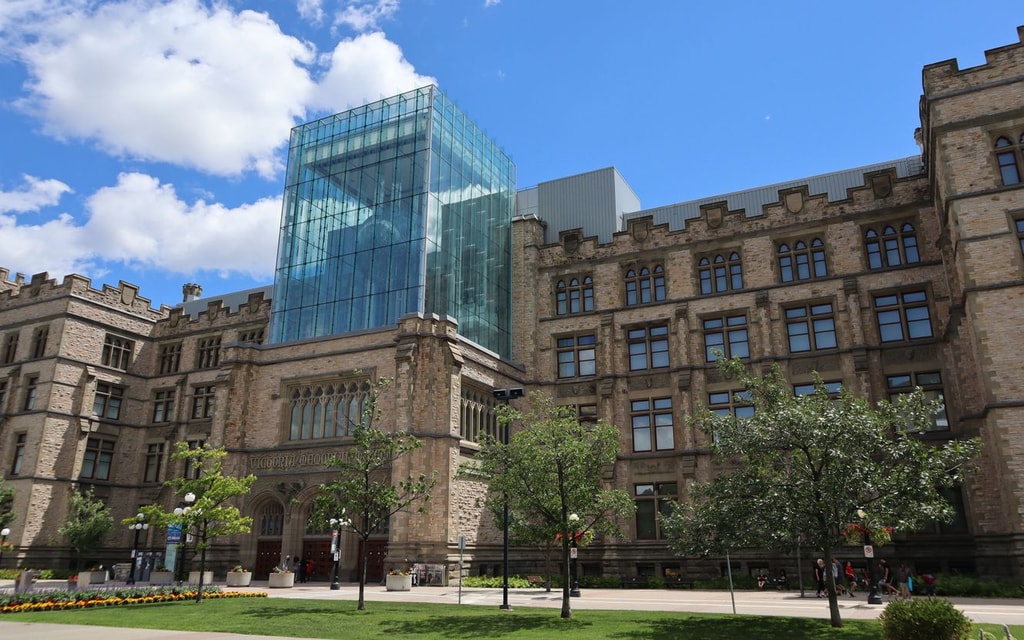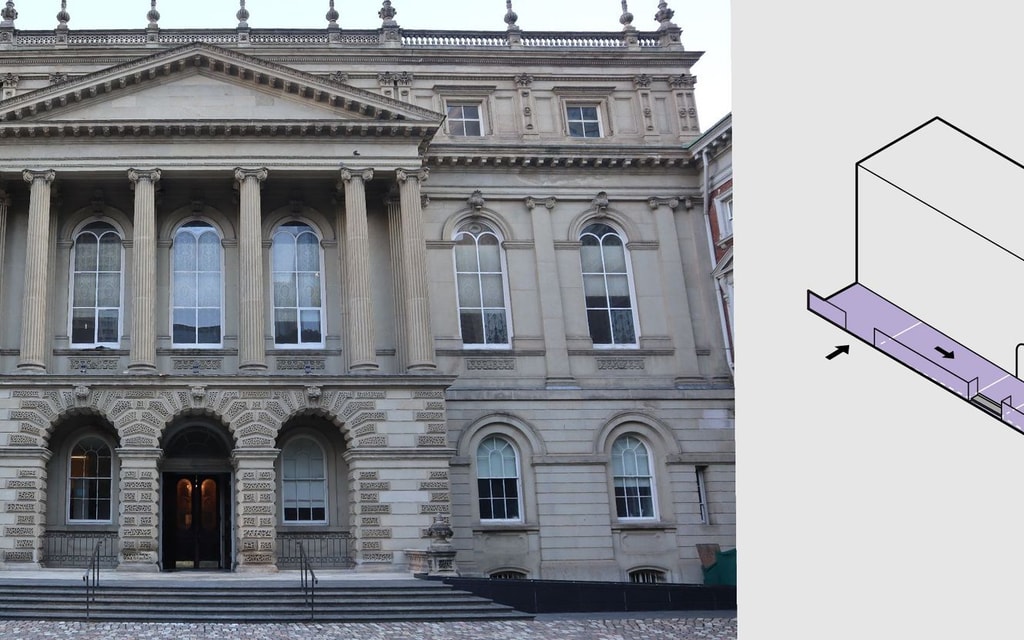Eliminating physical barriers to Canada’s heritage buildings
Human Space will use the Accessibility Standards Canada’s funding to create Heritage for All, a project that will research, propose and test new ideas aimed at developing accessible strategies for federally-owned heritage properties.


Human Space, the inclusive design consultancy hopes that this initiative will inform and advance future national accessibility standards for federally-owned heritage buildings.
“Our nation’s heritage buildings exist for everyone’s enjoyment, and they provide keys to understanding our history. Therefore, it is essential that we work together to make them accessible to all people, regardless of their disability. Modifying heritage buildings while preserving their historical integrity is difficult work. However, with collective discussion and thought, we will find solutions that will enable access, while also responsibly caring for these important places."

The two and a half year project will be funded by the Accessibility Standards Canada’s Advancing Accessibility Standards Research Program. The project will involve examining national and global precedents and guidelines; a series of hybrid on-site workshops with individuals who experience an array of physical barriers – including users of mobility devices, persons hard of hearing or deaf, persons with low vision or blind, neurodiverse individuals, older adults, children and their attendants or caregivers – to develop a deep understanding of a broad spectrum of experiences. Human Space will test the solutions with user groups and develop a publicly available report of the research and findings showing how the conversions can be a practical reality. Participating organistions will include the KITE Research Institute, Easter Seals Canada, The Canadian Association of Heritage Professionals, Canadian Disability Foundation, Phil Goldsmith Architect and National Trust for Canada to seek and better understand the issues, challenges, and opportunities of improving accessibility within various historic contexts. “Our search for a sensitive and inclusive approach to Canada’s federal heritage buildings will open these places to many more people, and we know from experience that while it will be appreciated by the disability community, it will also benefit the public at large,” says Klimitz.
The project begins this month with an initial investigation phase including an environmental scan of federally-owned heritage buildings in urban centres and will follow with a national outreach campaign to disability groups, heritage professionals and other interested parties to participate in workshops and sharing of feedback to inform the work. For more information about the Heritage for All project visit:
https://humanspace.global/project/heritage-for-all For more information about the Accessibility Standards Canada, visit: https://accessible.canada.ca/ For more information about the Advancing Accessibility Standards Research Program, visit: https://accessible.canada.ca/advancing-accessibility-standards-research